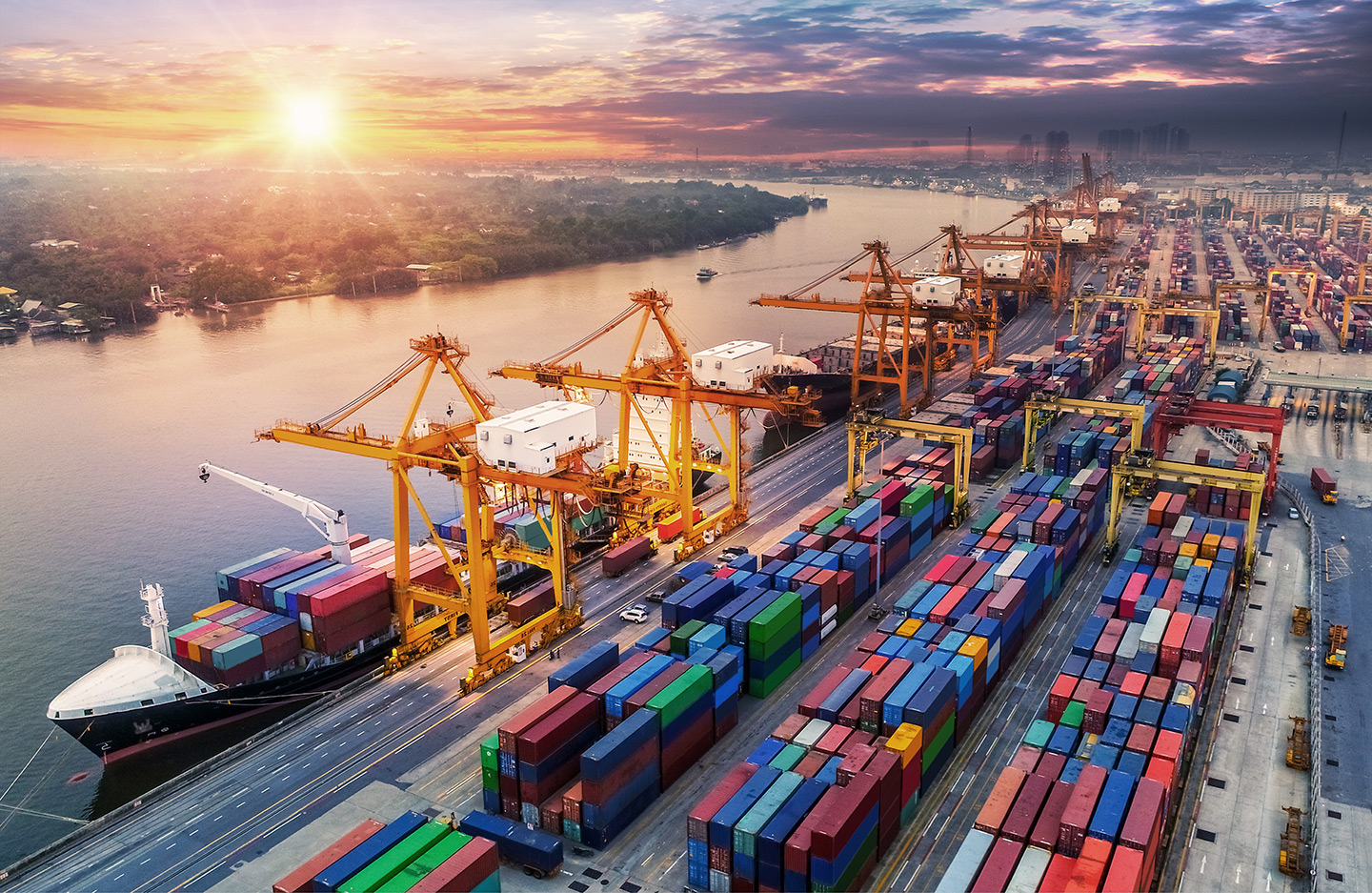- Stop ports’ fossil fuel build out – Stop new fossil fuel bunkering projects and accelerate port electrification and zero-emission fueling where needed.
- Put ships on mandatory zero-emission pathways – Influence ports and port states around the Pacific Rim to implement our 9-point Playbook for Zero-Emission Shipping.
- Create zero-emission trade routes – Mobilize port pairs to create ZE shipping corridors and advance a common standards and investment framework to verifiably achieve them.
City leaders introduce historic ordinance to protect community health and climate
Newark leaders introduce a historic ordinance to stop fossil fuel expansion, cut port pollution and protect public health and frontline communities.
Blame game won’t solve California’s climate and energy crisis
On Friday, May 30, California Assemblymember Jasmeet Bains (D-Delano) publicly called for Liane Randolph, chair of the California Air Resources Board (CARB), to resign. Chair Randolph’s testimony before the Assembly Utilities and Energy Committee was clear, nuanced and aligned with CARB’s long-standing mandate: to protect public health and advance clean air and climate goals.
Pacific Environment announces new California climate policy director
Pacific Environment welcomes Davina Hurt as its new California Climate Policy Director, effective January 30, 2025. Prior to joining Pacific Environment, Davina Hurt was appointed to the California Air Resources Board by Governor Gavin Newsom in December 2020 and served on the board for more than four years. Ms. Hurt is an attorney, two-term councilwoman and past mayor of the City of Belmont, Calif. With expertise in transportation, energy, waste management and stationary sources, Davina Hurt is dedicated to addressing environmental and social challenges through equity, innovation and bold community leadership.
Pacific Environment Celebrates Introduction of Washington Statewide Shore Power Policy Bill
The landmark bill will direct the Department of Ecology to adopt a statewide shore power policy that will accelerate shore power installation across the state to reduce air pollution and other environmental impacts from large vessels at Washington’s ports.
